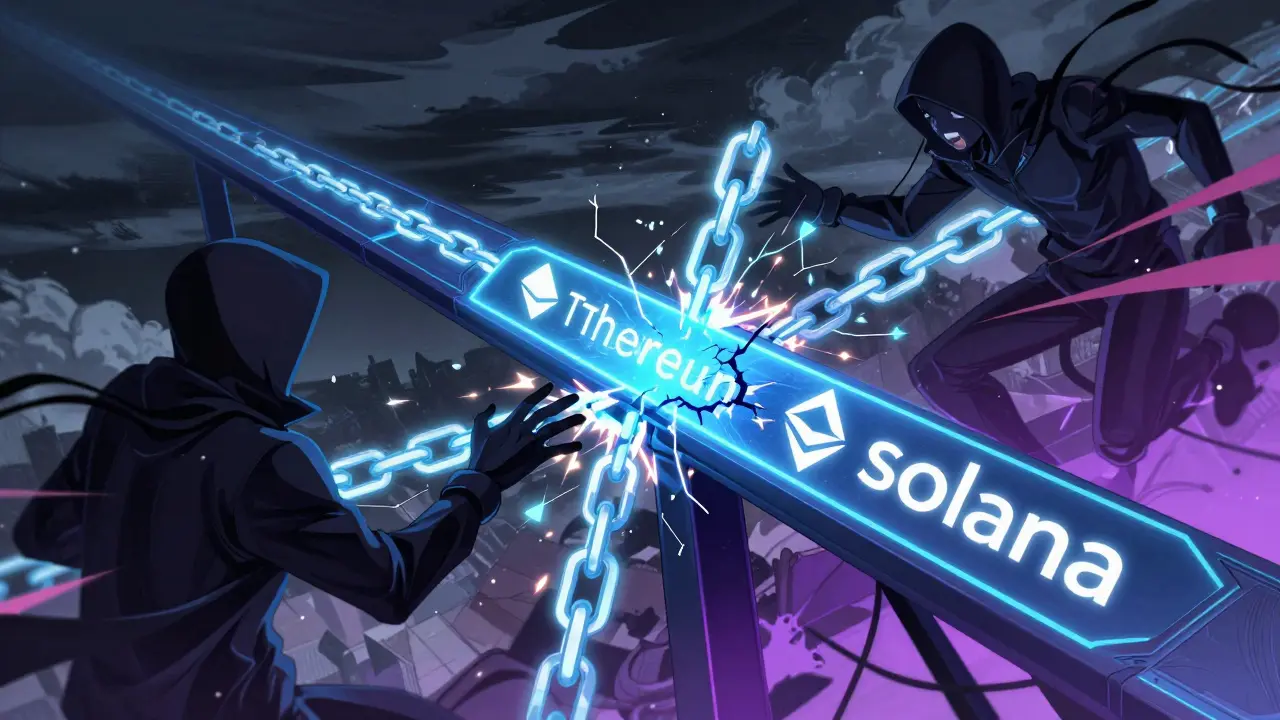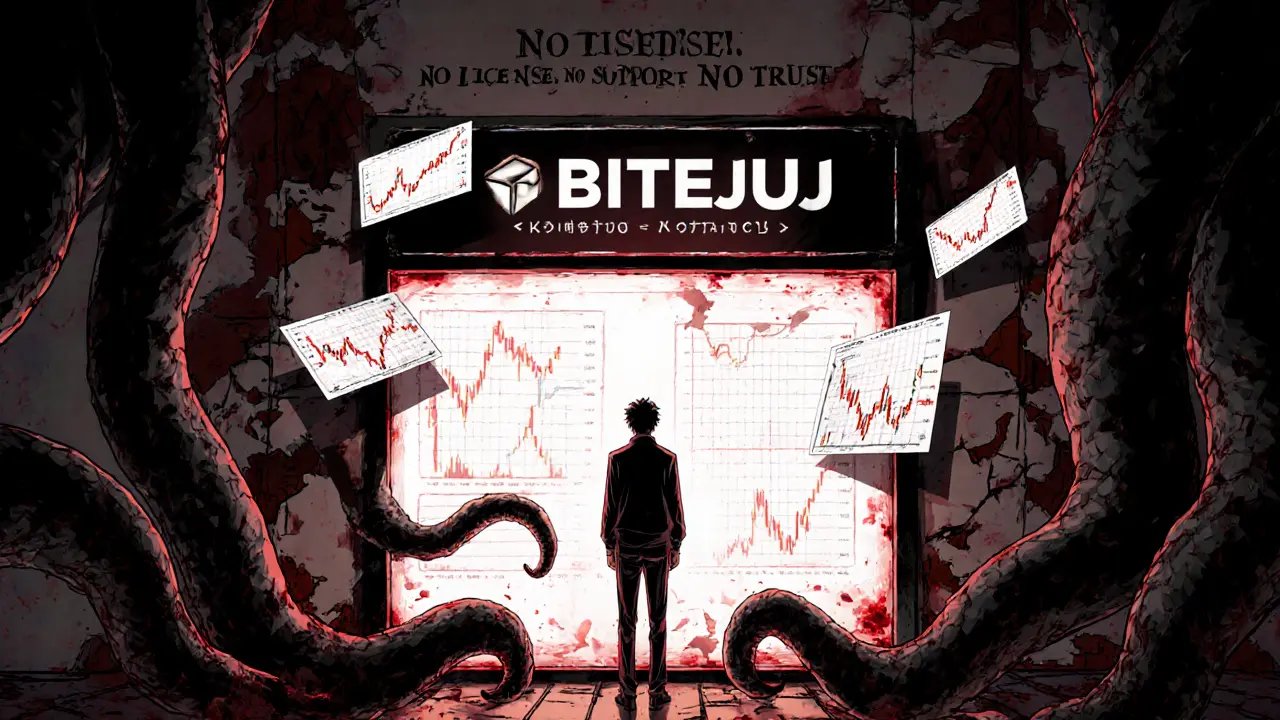Cryptocurrency Security: Protect Your Digital Assets
When working with Cryptocurrency Security, the practice of safeguarding crypto wallets, exchanges, and smart contracts from theft and fraud, you quickly see how it links to other parts of the ecosystem. A solid defense starts with understanding the Smart Contract, self‑executing code that runs on a blockchain without a middleman. If a contract has a hidden backdoor, it becomes a perfect weapon for a Rug Pull, an attack where developers withdraw all liquidity and leave investors with worthless tokens. Those attacks hit hardest in the DeFi, decentralized finance platforms that let users lend, borrow, and trade without traditional banks. In short, Cryptocurrency Security encompasses smart contract safety, it requires vigilant monitoring of DeFi pools, and it depends on blockchain transparency to spot malicious moves.
Key Threats and Defense Tactics
One common sign of a looming rug pull is a sudden spike in token supply followed by a low‑liquidity pool. This pattern shows how cryptocurrency security intersects with token listing practices—if a new token appears on an exchange without proper audits, the risk jumps. Tools that scan blockchain transactions can flag abnormal token minting, giving you a heads‑up before you stake any funds. Another angle is the role of Blockchain Analysis, the process of reviewing ledger data to trace fund flows and spot anomalies. By tracing where liquidity moves, you can differentiate a legitimate project from a honeypot that only lets you buy but never sell. The more you blend on‑chain analytics with community research, the better you can protect your assets. Remember, a secure posture isn’t just about tech—it also means staying informed about new scam vectors, reading audit reports, and never ignoring red flags like unaudited code or overly generous APY promises.
Below you’ll find a curated set of articles that walk you through spotting rug pulls, hardening smart contracts, and using blockchain tools to stay ahead of the next exploit. Whether you’re a beginner just setting up a wallet or an experienced trader managing large DeFi positions, the guides here break down complex security concepts into clear, actionable steps. Dive in to learn how to audit contracts, monitor token listings, and apply best‑practice security measures so your crypto journey stays safe and profitable.
Liquidity pools in DeFi offer earning potential but come with real risks like impermanent loss, smart contract bugs, and rug pulls. Learn how to protect your assets and avoid common traps.
Read MoreOver $2.8 billion lost to bridge exploits since 2020. Learn practical steps to protect your assets, including checking contract addresses, limiting token approvals, and using security tools. Current strategies to avoid becoming a victim.
Read MoreThe PAXW Pax.World NFT airdrop promised free tokens and NFTs but delivered nothing. With no team, no product, and over two years of silence, it's a textbook crypto scam. Learn why this project vanished and how to avoid similar traps.
Read MoreLearn how to report crypto scams to the FBI, FTC, and other agencies. Get step-by-step guidance on gathering transaction data, avoiding recovery scams, and protecting yourself from AI deepfakes and pig butchering schemes.
Read MoreHAI token, once used for staking and governance on Hacken’s cybersecurity platform, crashed 99% after a private key leak allowed attackers to mint millions of new tokens. No airdrop exists - claims of free HAI are scams.
Read MoreBITEJIU crypto exchange has no verified presence, regulatory licenses, or user reviews. It matches the pattern of known crypto scams that disappear after stealing deposits. Avoid it entirely.
Read MoreExplore how Bitcoin secures transactions with public key cryptography, from secp256k1 keys and ECDSA signatures to Schnorr, Taproot upgrades, and future quantum challenges.
Read MoreLearn how smart contract rug pulls operate, their three main types, warning signs, real examples, and steps to protect yourself from DeFi scams.
Read More












